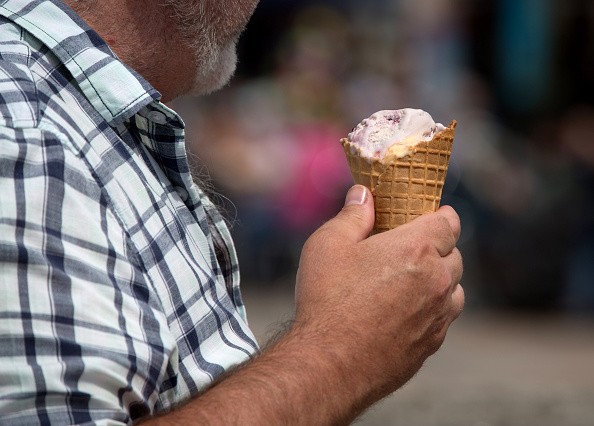
Jeni's Splendid Ice Creams in Ohio has shut down its production facility and retail locations after finding listeria bacteria again. The company had reopened only a few weeks ago after dealing with a problem with listeria contamination in April.
The company found the problem itself after conducting testing, according to chief executive John Lowe. In April, Jeni's recalled all its products, and closed its 20 ice cream stores and its production facility in Columbus, OH. Jeni's resumed production in May and opened its stores several days later.
Since then, the company has been testing each batch of ice cream for listeria and hired consultants to help overhaul its safety procedures. The contamination problem had been thought to be in the part of the plant where ice cream is loaded into pint containers.
No illnesses have been linked to listeria in Jeni's ice cream, either in this outbreak or the one in April. Blue Bell Creameries was also hit by listeria contamination in its manufacturing plants and had to recall all its products in April. Ten illnesses, including three deaths, were linked with Blue Bell ice cream.
Listeria is found in soil and water. Unlike most bacteria, it can grow in cold temperatures, which means that it can grow in refrigerated foods that have been contaminated and can survive in frozen foods like ice cream. It can be carried into a food processing plant on the bottom of a shoe and is extremely hard to get rid of in a processing plant. It can linger for years.
The disease caused by listeria is called listeriosis. Most deaths due to listeriosis occur in the elderly or in people with a compromised immune system. Most healthy children or young adults who become infected have few problems. However, listeriosis can be fatal in pregnant women, and can cause miscarriages, premature births, and make newborns seriously ill.



